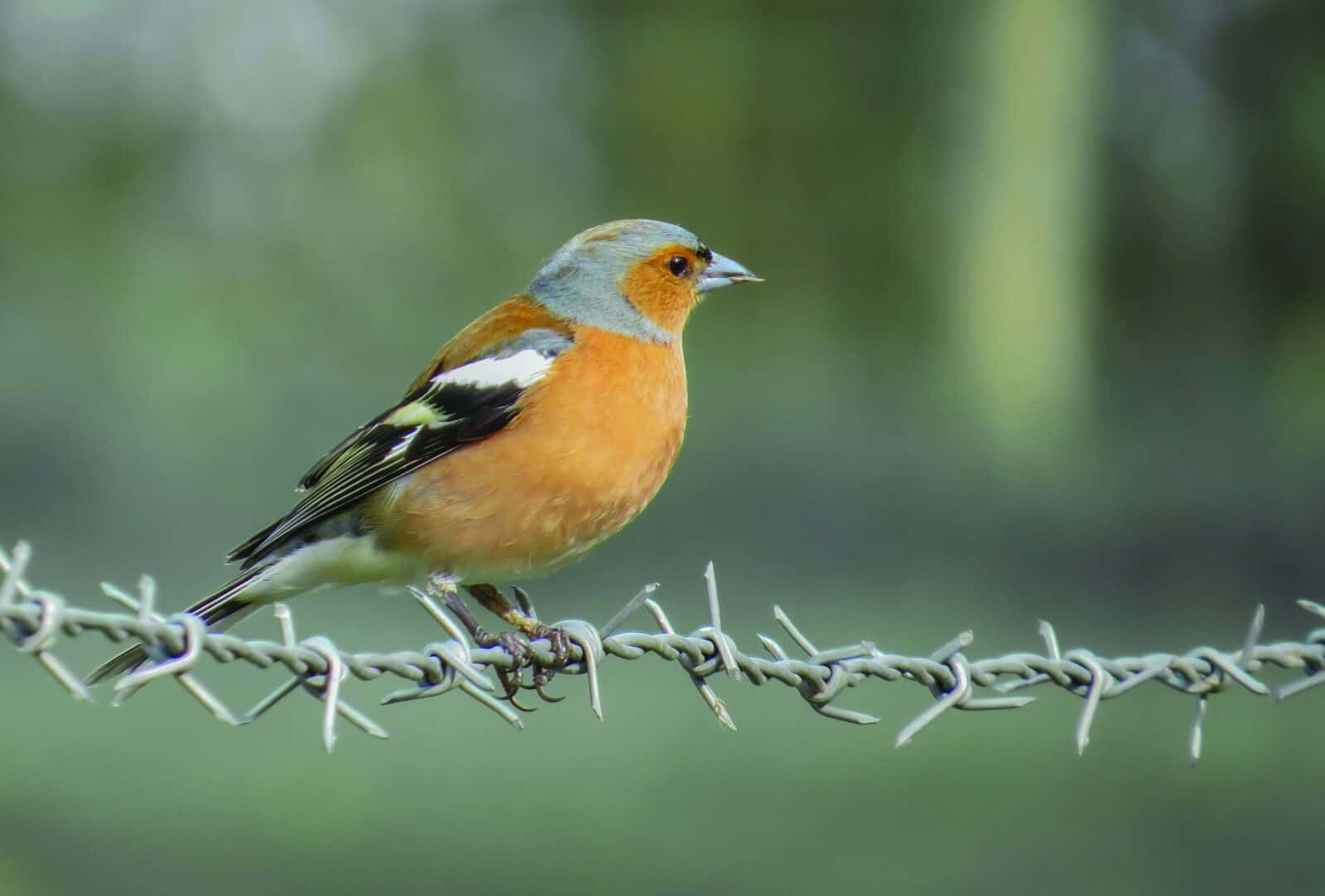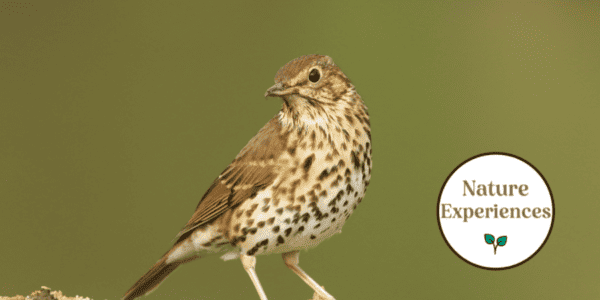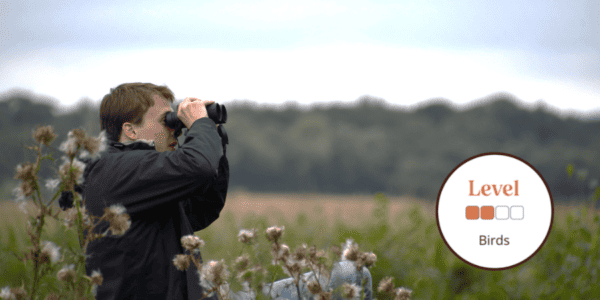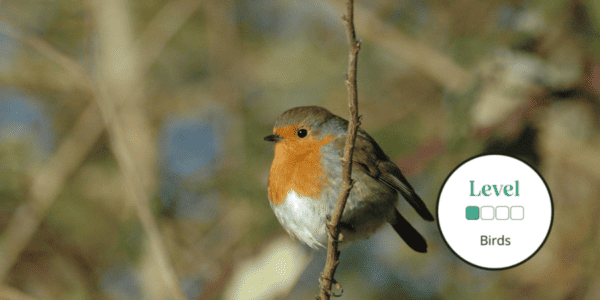This bird survey course is perfect for the keen amateur ornithologist or wildlife professional who would like to learn and develop basic bird survey techniques. Birds are an important indicator species and accurate survey data is essential in monitoring their telling population trends.
If you want to use your skills to support the conservation of birds and their habitat, this course is for you!
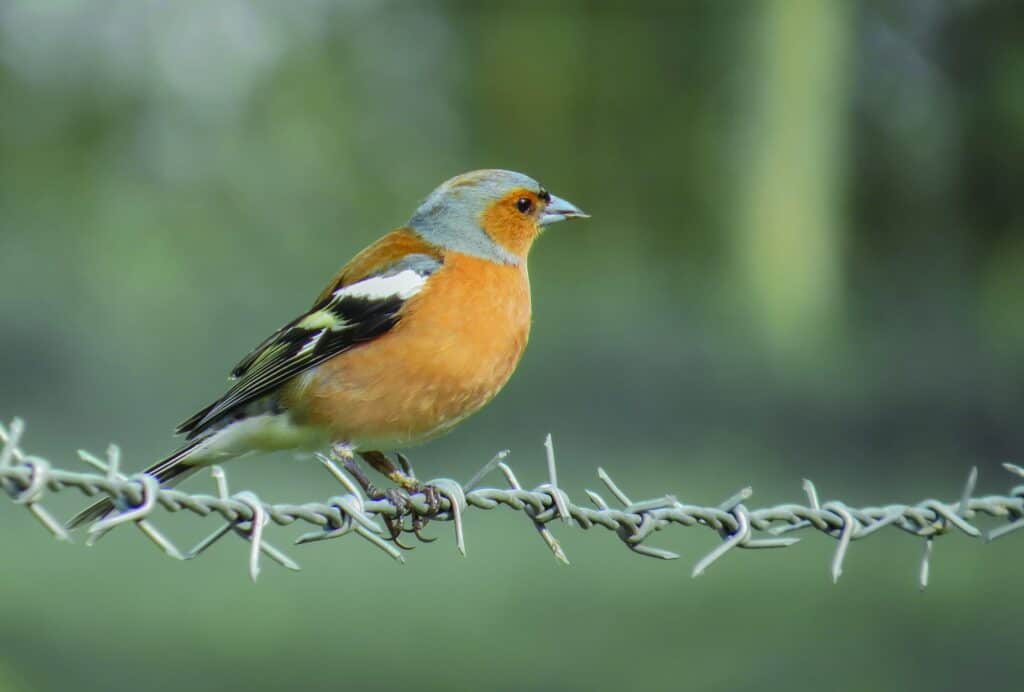
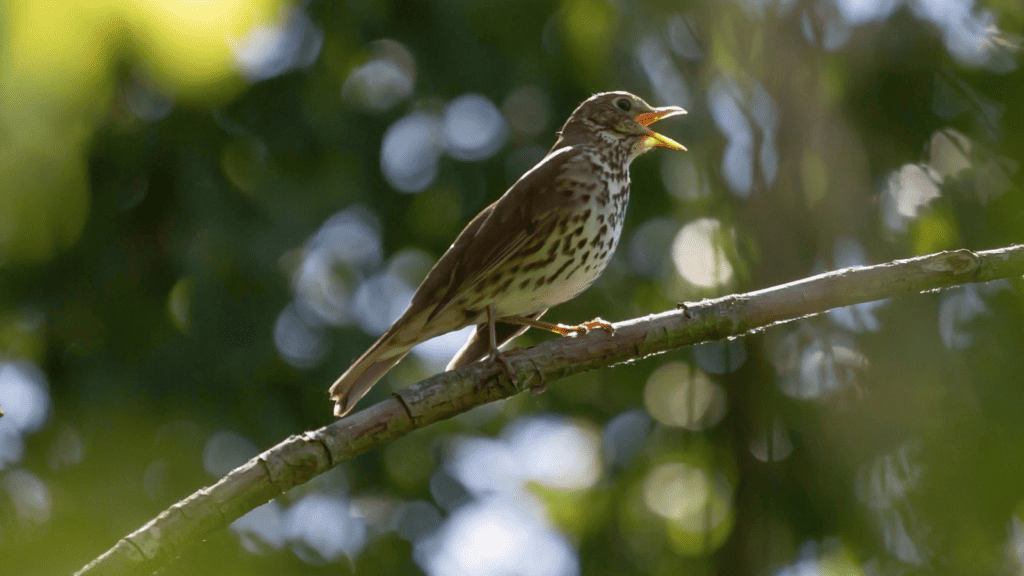
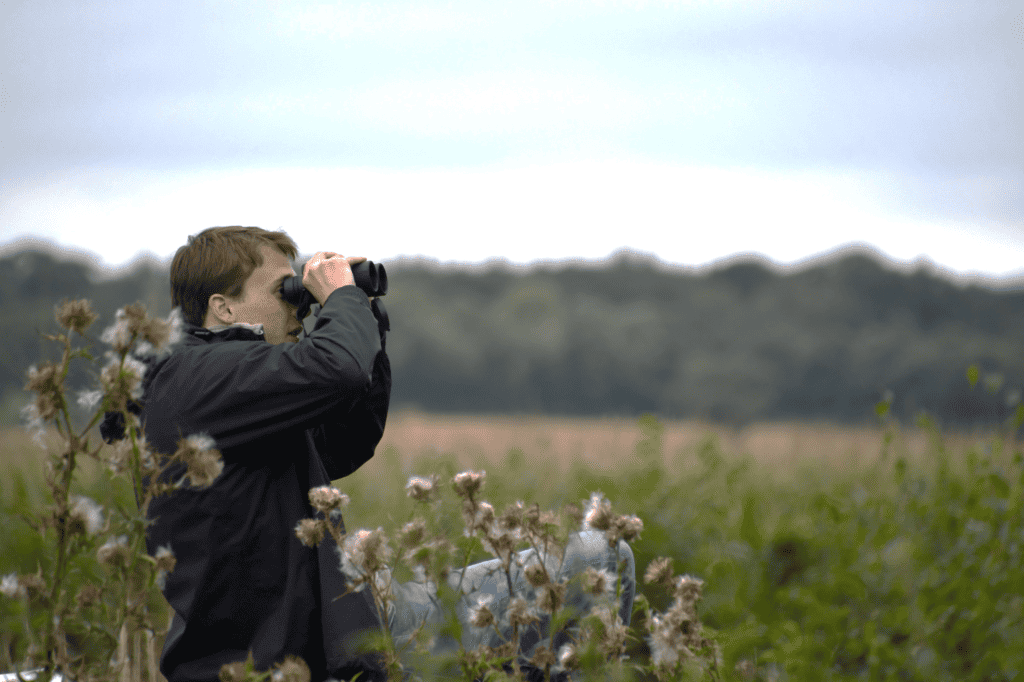
Read More
Your course will take place at the Preston Montford Centre which is nestled in the heart of Shropshire and surrounded by a diverse natural environment, including the River Severn and semi-ancient woodland.
This location and the time of year provides a broad range of habitats for birds, giving you the opportunity to get out into the field and practice both woodland and farmland surveys, including habitat assessment. In addition, wetland, coastal, and winter surveys, and other supplementary techniques will be covered in lectures. We will also cover the summer Breeding Bird Survey technique which will be of especial interest to members of the British Trust for Ornithology.
There will be at least one early start, so please come prepared for long, immersive days out in the field.
What will be covered during this course?
- The course will be delivered through a combination of seminars, laboratory sessions and practical field work.
- The basics of good bird survey design.
- How to choose the most appropriate survey for research questions or monitoring goals.
- What to consider when using biological recorders and their records in survey schemes.
- Analysis methods for interpreting survey methods.
- Practical experience of techniques including point counts, transects, breeding bird surveys, population counts, etc.
By the end of the course, you will be able to:
- Demonstrate ability and competency in carrying out a range of bird surveys and their associated techniques.
- Evaluate a range of survey methods for birds.
Who Should Attend? – Natural history enthusiasts, students, rangers, ecologists, and environmental professionals. This intermediate level course is open to anyone with some background knowledge of the subject. This course is for those aged 18 and over only.
Knowledge Level – Intermediate. Level descriptors can be found on the following web-page: Framework and Course Level Descriptors
There are two booking options which all include course tuition, meals and refreshments:
Non-Resident (Breakfast not included)
Resident (Sole Occupancy)
For course bookings including accommodation please note that bathroom facilities may be shared.
MMU Student Information
MMU students – please email [email protected] to book your course place.
Accreditation
This is one of a series of courses (units) run jointly with Manchester Metropolitan University (MMU) contributing to the MSc ‘Biological Recording and Ecological Monitoring’ and the ‘Postgraduate Certificate in Biological Recording’. MMU students complete assessed work after the course. For further details about Manchester Metropolitan University degree programmes please contact:
Department of Natural Sciences, Manchester Metropolitan University, (Shrewsbury Office). Email: [email protected]
- See the ‘Example Timetable’ and ‘What’s Included’ sections below for more information about this course.
- Upon booking you will need to provide individual details of all attendees.
- Please email [email protected] if you have any questions.
Assessment
For Manchester Metropolitan University students, the Unit will be assessed through, for example, identification tests, survey reports, field journals, production of keys, essays or other forms of assessment. In course tests are optional and less formal for participants who are not MMU students.
MMU students will be required to complete a bird survey report based on a survey carried out over the teaching period. The assessment is equivalent to 2000 words and show follow the layout of a scientific research paper. Students should include a critical evaluation of a range of bird survey methods, with reference to primary literature.
Example Timetable
This timetable is subject to change but should give an outline of what to expect.
If you have booked accommodation with the centre your bedroom will be ready from 3.00 pm onwards on the day of arrival and we ask that you vacate by 9.30 am on the morning of departure.
If numbers are sufficient a station pick up will be arranged at 5.30 pm from Shrewsbury Station.
Please arrive in time for the evening meal at 6.30 pm on the Friday
The course starts after dinner with a classroom session 7.30 pm - 9.00 pm
The course ends at 4.00 pm on the final day.
Time will be made available for eating packed lunches during the day
Friday:
19:30 Lab. Introduction to Bird Survey Techniques
MacKinnon List Technique
Saturday:
09:00 Lab. Equipped for a morning in the field: MacKinnon List survey at Benthall Edge Wood, Ironbridge
Return for lunch
14:30 Lab. Analyse MacKinnon List survey results
Break
Lab. Additional Survey Techniques presentation
Dinner
19:30 Lab. Territory Mapping presentation
Sunday:
05:30 Darwin common room equipped for:
Territory Mapping survey of Preston Montford grounds
Breakfast
09:30 Lab. Equipped for morning in the field:
Tetrad survey of SJ41H
Return for lunch
14:00 Lab. Analyse Territory Mapping results
Examine Tetrad survey results
Break
Distance estimation – Preston Montford
Dinner
19:30 Lab. Distance Sampling presentation
Monday:
09:00 Lab. Transect Surveys – Preston Montford
Point Counts – Preston Montford
Analyse Point Count data
Breaks and lunch as required
Lab. Assignment
16:00 Finish
What's Included
What’s included?
- Classroom learning covering the theory of the subject
- Field excursions to apply new knowledge
- Expert tuition for which the FSC is renowned
- Clear objectives and progression
- All meals provided
Before You Attend
There will be a member of staff with first aid training and access to a first aid kit on site. If you have special medical or access requirements, please let us know as soon as possible so we can make any necessary adjustments.
What to Bring
- Binoculars are essential, preferably between 8x30 and 10x50 – 8x40 are ideal, but miniature binoculars are not suitable.
- You may wish to bring a telescope if you have one, but this is not essential.
- Field Guide – you will need one for the Class Test.
- Notebook and pen/pencil.
- Scientific calculator.
- Warm waterproof clothing and footwear, but not too brightly coloured or rustly.
- Warm hat and gloves for inclement weather and sunhat and sun cream for sunny days
- A sandwich box, flask and/or water bottle and a rucksack or similar to carry your kit. Useful Books Any background reading is useful.
Recommended Reading
- Bibby et al (2000). “Bird Census Techniques”. 2nd edition Academic Press.
- Gilbert et al (1998). “Bird Monitoring Methods”. RSPB.
- Sutherland W J (2006). “Ecological Census Techniques”. Cambridge University Press.
- Svensson, Mullarney and Zetterstrom (2022) “Collins Bird Guide” 3rd edition. Collins. The first and second editions are perfectly useable but have older taxonomic organisation.
Opportunities to attend this course
-
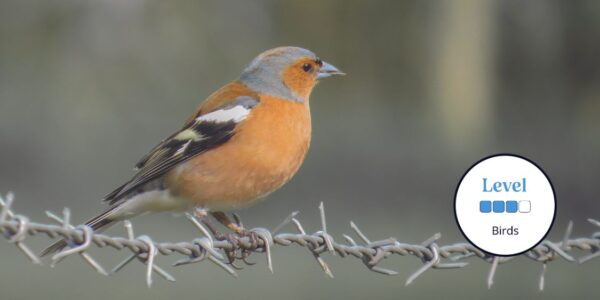
Fri 10, May 2024 18:30 - Mon 13, May 2024 16:00
MMU students - please email [email protected] to book your course place.
Progress Your Learning
This is a training course from the Field Studies Council, delivered by expert tutors with an approachable learning style. After attending this course, you may like to progress your learning with further relevant courses or branch out into other areas of natural history. The Field Studies Council offers both online and in person courses, so you can choose the learning style that suits you best.
The course gives you the opportunity to immerse yourself in a new subject and acquire novel skills. Our online portal gives you time to study at your own pace and fit the lessons around your own schedule.
If you have any questions about our online courses please check our Frequently Asked Questions
Please email [email protected] if you have any questions.
Group Bookings Made Easy
If you have a group of 10 or more individuals wanting to complete one of our courses, our team are available to discuss your options – from discounts to private team courses. Find out more!
You can rest assured that the absolute best content from an expert in environmental education will be at your fingertips. In choosing a Field Studies Council course, you will be joining thousands of people who learn with us each year.

